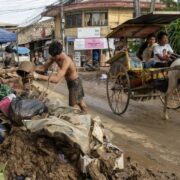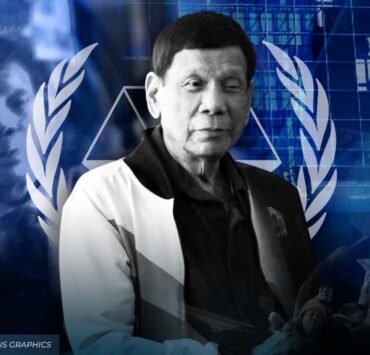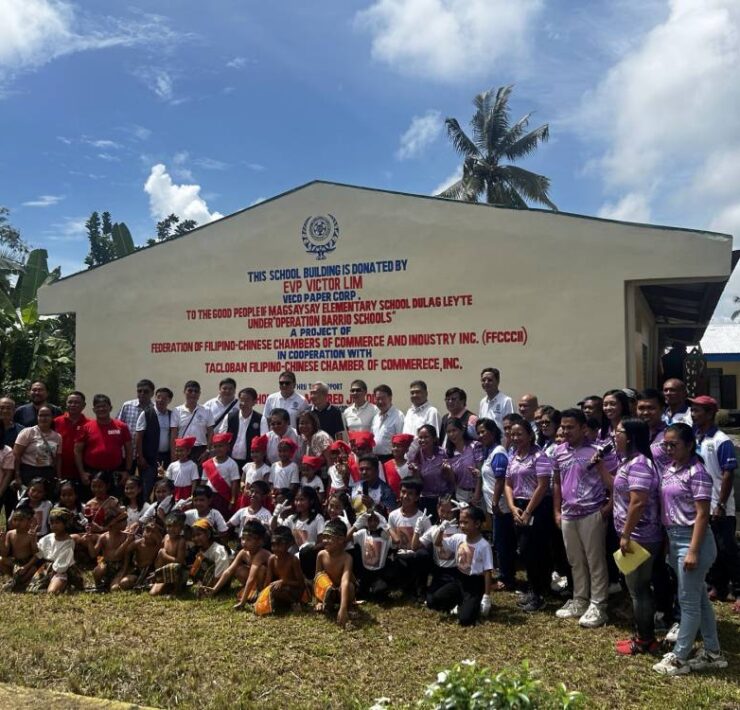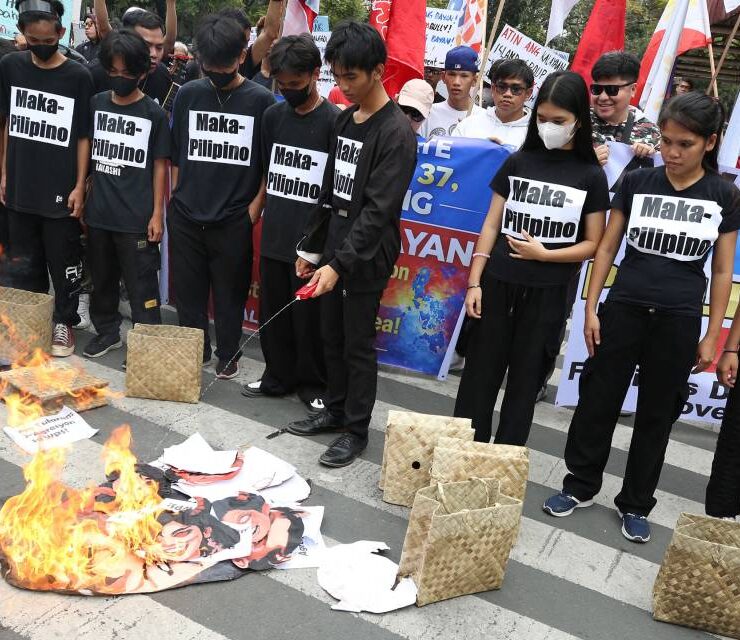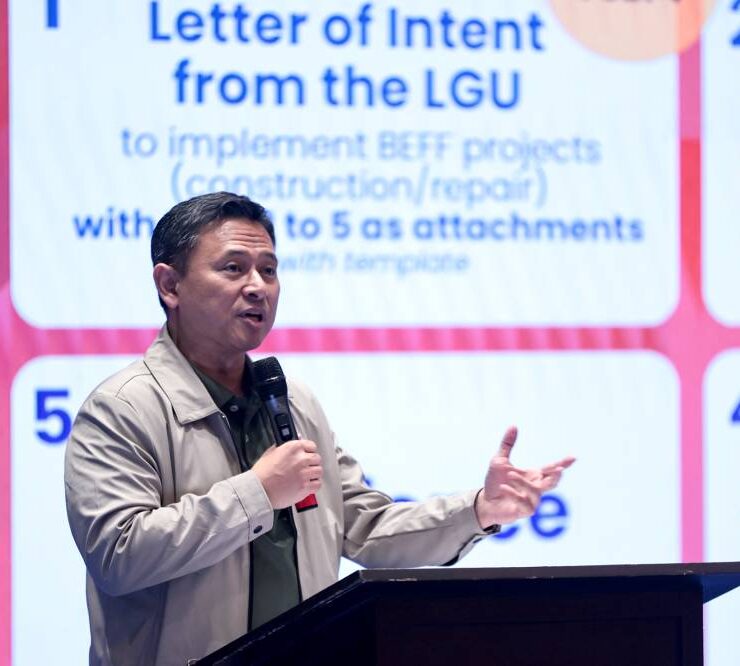PH looking for OFW exit from Israel-Iran conflict
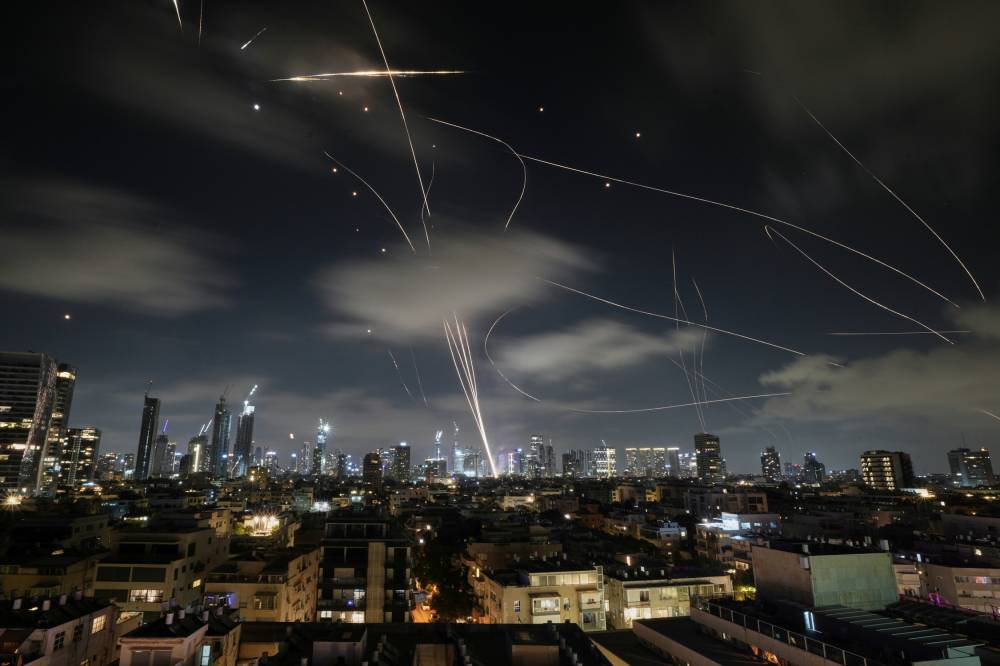
President Marcos on Wednesday said the government was coordinating the evacuation of Filipinos caught in the escalating hostilities between Israel and Iran, looking for safe routes out of the conflict zones.
Migrant Workers Secretary Hans Leo Cacdac is en route to Jordan to oversee the evacuations, Mr. Marcos told reporters after his inspection of a school damaged by fire in Quezon City.
The government has contacted overseas Filipinos workers (OFWs) in Israel and Iran and asked them if they already wish to leave, he added.
“Some asked to be evacuated out of Israel. Some in Iran did not want to leave at first, but they are now saying that they have to leave. They are afraid so they are asking for our help in fleeing,” Mr. Marcos said.
Evacuating Filipinos from the conflict areas at this point may prove challenging with the closure of airports due to the escalating airstrikes and retaliatory missile attacks between the two countries. (See related story.)
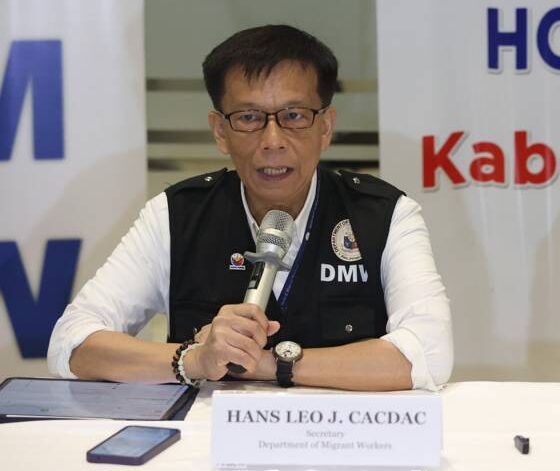
Alert level 2
“That’s why we’re looking for a safe route for them. We have been able to do that. Secretary Cacdac is already on his way to Jordan to coordinate both the first batch of evacuees from Israel and Iran,” the President said.
On Tuesday, the Department of Migrant Workers said more than 100 Filipinos had asked to be repatriated from Israel, where eight Filipinos had reportedly been injured by the attacks.
Since October 2023, the Philippines has categorized Israel under alert level 2 following the outbreak of the Israel-Hamas conflict.
Under this level, the deployment of new overseas Filipino workers in the Jewish state is restricted and only those resuming their employment are allowed to return.
Mr. Marcos said the government’s assessment of the situation had not yet reached the point of ordering the mandatory repatriation of Filipinos from Israel and Iran.
“No, not yet. We generally leave it to each individual, to each family to decide for themselves whether or not they feel safe, or whether or not they would like to be evacuated,” he said.
Officials on tour
Meanwhile, there are 17 Filipino government officials who have been stranded in Israel since the attacks but are expected to be back safely in the country this weekend, Foreign Undersecretary Eduardo de Vega said.
The group includes nine mayors from southern Philippines, four vice mayors, two House party list representatives, and two regional directors.
They were invited by Tel Aviv to visit Israel for a public administration study program that began on June 9 and was supposed to run till June 20, De Vega said.
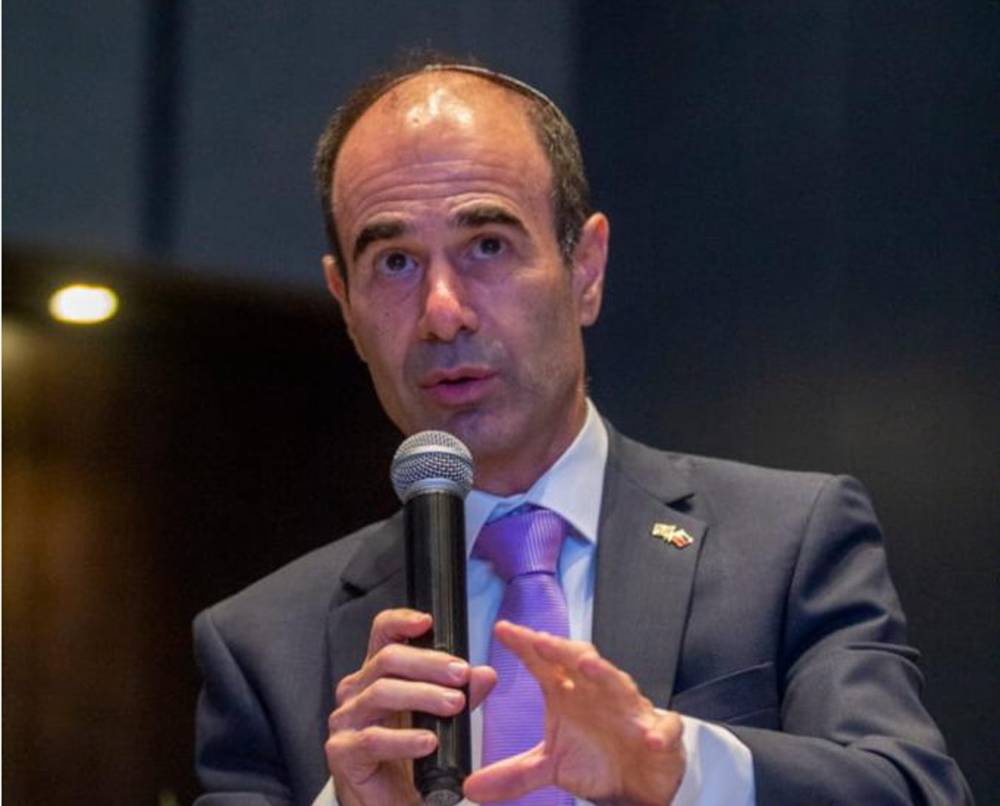
Ambassador’s assurance
In an interview on Tuesday, the Israeli ambassador to Manila, Ilan Fluss, said the Filipino officials were brought back to their hotel outside Tel Aviv after the capital city came under Iranian missile attack on Monday.
“From what I see and hear, [their] spirits are high. They are physically and mentally fine,” Fluss said.
“Being guests of the Israeli government, we are shouldering all the expenses and we are taking care of buying the tickets and the logistics and then somebody will be accompanying them. So this is our responsibility and this is what we are doing as the Israeli government,” Fluss added.
Fluss said another delegation of five Filipinos who were invited to study Israel’s agricultural practices was staying in the same facility and would be repatriated along with the government officials.
According to De Vega, another group composed of 26 Filipino workers is set to leave Israel and arrive in the country also this weekend.
49 left homeless
The Philippine Embassy in Tel Aviv also reported that 49 Filipinos had lost their homes in Israel and had to be moved to a secure facility, where they had since been receiving aid.
There are currently more than 30,000 Filipinos in Israel but only 150 have made repatriation requests so far, it said.
Meanwhile, President Marcos also gave a reassurance that the government would extend fuel subsidies to the public transport sector in the event of a spike in fuel prices due to the renewed Middle East conflict.
“If you remember during the pandemic, we gave fuel subsidies to public transport drivers. Now we will have to do the same for those who are severely affected, stakeholders, by any instability in the price of oil. Yes, it’s a serious problem,” he added.





